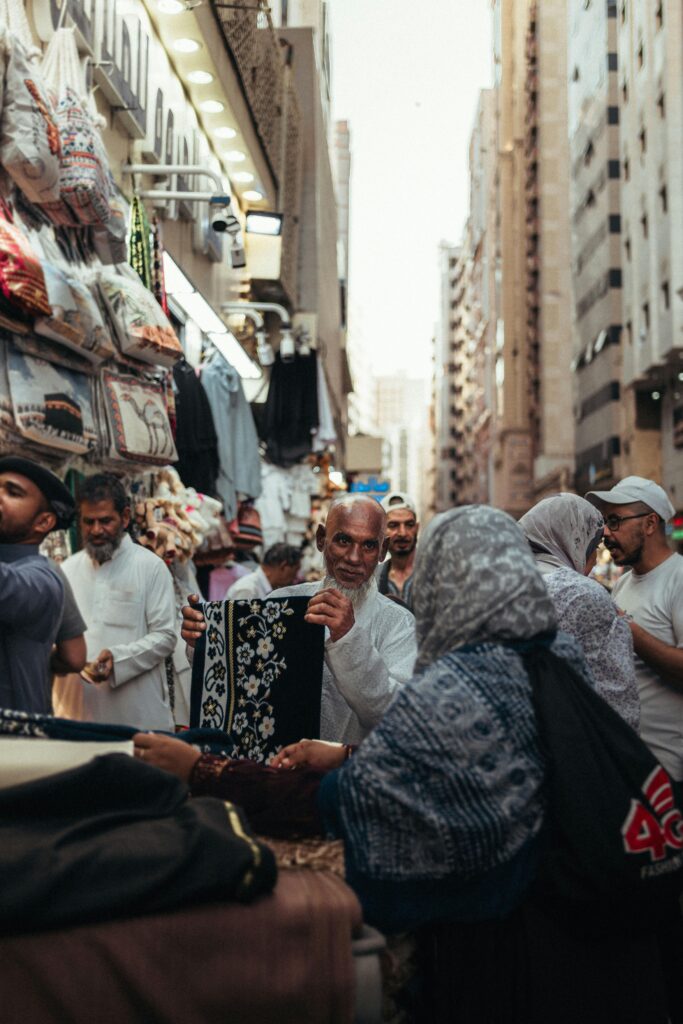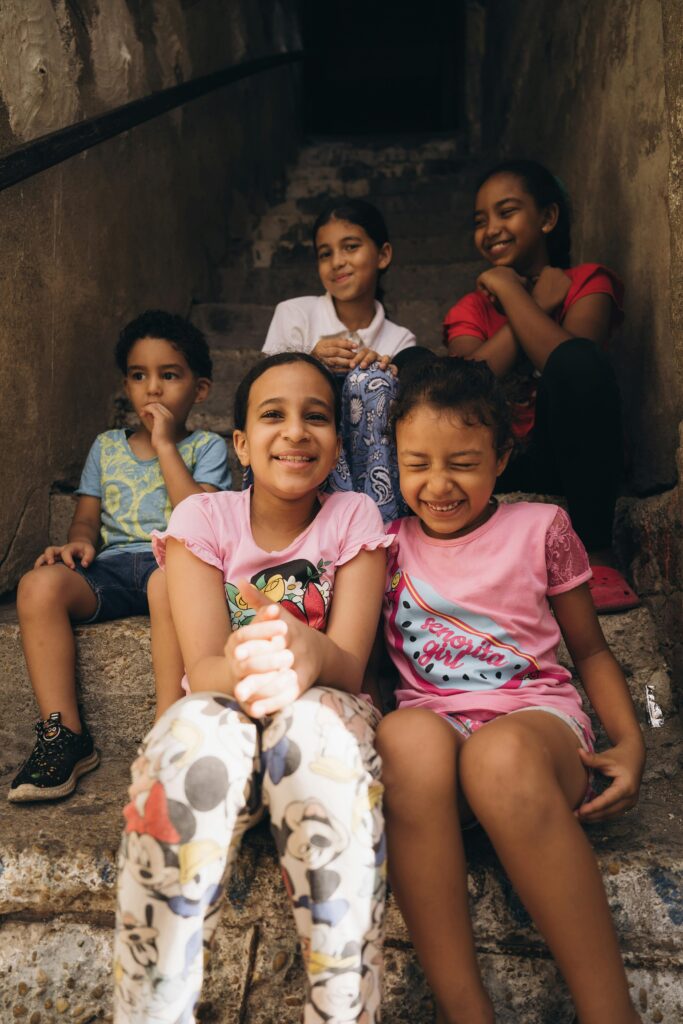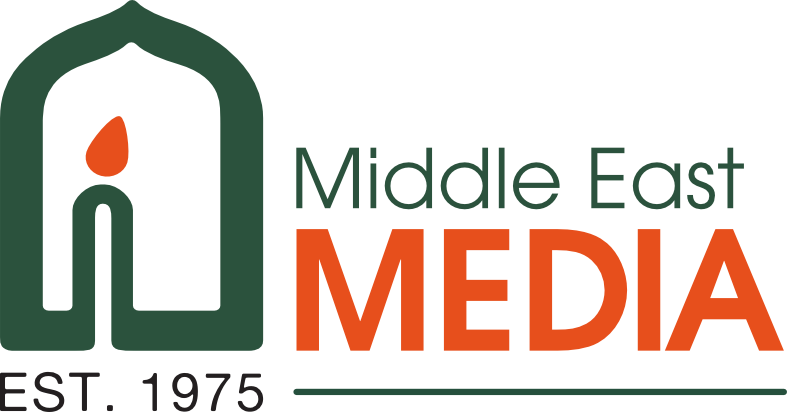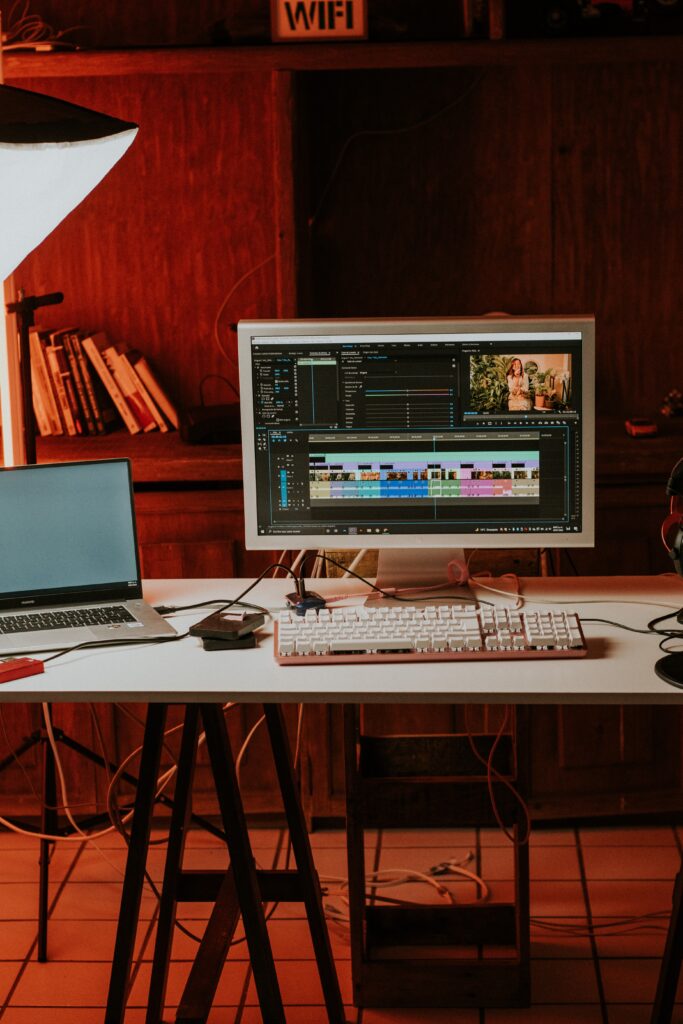An interview with Wayne Larson, MEM’s International Director
As we look back on the past 50 years, we’re reminded of God’s constant provision and faithfulness. But what lies ahead? Our International Director, Wayne, explores with us what it means to carry unstoppable hope into the next 50 years.
How long have you been with the organisation and what’s one of your earliest memories?
It’s been almost 40 years since my wife Jeannie and I joined. When we travelled over to North Africa from the US, it was our first time travelling outside of the country. We arrived at the airport and found a taxi. But, at that time, people didn’t use maps, so I ended up having to count the roads to find Terry Ascott’s house. When we finally arrived at our destination, Jackie Ascott asked us who we were and why we were there. We found out that the letter we’d sent, to tell them we were coming, hadn’t arrived. The letter eventually turned up 10 days after we got there!
What’s your biggest highlight from your last 40 years?
I don’t think I have just one highlight, so I’ll cheat and tell you my top 3 (not in order).
1. Handing over the video ministry to an Arab colleague in 2005 is definitely a highlight. The transition went amazingly well and the team flourished. They went on to accomplish so many things that wouldn’t have been possible if I was still in charge.
2. When I look around today and see people working in and leading media ministries who we trained 35-37 years ago, it’s very encouraging.
3. Training and equipping people who are from a non-Christian background in media, who are now working in Christian ministry just continues to show me God’s faithfulness.
What’s the biggest change in media ministry in the Middle East?
There have been two main changes since I started. Firstly, with the internet and social media we have so many options to broadcast our content, but not only that, we can also connect with people online and securely help to disciple them. Secondly, the cost of equipment and ease of production has changed significantly – in 1986 it cost us $125,000 to get the equipment we needed to produce video content and today I can produce the same or better quality on my phone.
The big thing that hasn’t changed is how important it is to tell a story and how creative that story needs to be. It still comes down to the message and bringing Christ into it.

What is the biggest opportunity for our ministry in the next 50 years?
I think it’s building up and equipping believers in the region, people from different backgrounds, and helping them to creatively reach their own people groups. If we can continue to do this well, we’ll see expansion and multiplication of the impact we can have. We also need to look at our own team and intentionally bring in people from all the different Middle Eastern countries and believers from all faith backgrounds, so that we can be effective across the entire region.
Everyone has an important part to play. We are all a part of one Church using our gifts to accomplish the mission.
You have been a strong advocate of the term ‘unstoppable hope’. What do you mean by it and what does it mean to you personally?
In reality, it means that, as we walk the path, we have unstoppable hope that God will enable us to do the work. He will fulfil what He wants to happen – He will bring real change in this part of the world. It’s not just about helping 9 or 10 people to come to faith, it’s also equipping and walking alongside whole communities of new believers, helping them to use media to bring God’s love to people.
What does it mean to bring Unstoppable Hope into MEM’s future?
For us it means proclaiming His Kingdom as we step into the future. I was reading a book at the weekend and saw a quote that read “hope is the raw material from which faith builds the house.” From a spiritual perspective, we want to keep building the house – and the unstoppable hope found in Jesus is vital in doing that.
We are building more media teams across the region so that we can be more effective in bringing unstoppable hope into people’s lives. Over the last 2 years we’ve walked alongside 5 unique media teams from several countries and we’ve doubled our capacity as an organisation. These new teams know their unique dialects and local cultures best, so will be more effective at reaching their people than a single team from one North African country.
What are some of the biggest challenges in front of us?
One of the biggest challenges when creating a team made of people from different Middle Eastern backgrounds is division around cultural differences. There is distrust of people from different backgrounds in the Middle East, meaning that Middle Easterners from a Christian background struggle to trust new believers and vice versa. There is a long history of persecution happening and different groups rejecting each other and isolating themselves from each other.
This issue of division is very much found inside of churches. And we have to ask ourselves; do we treat each other as Christ would? At MEM, we want to have inclusion of Middle Eastern Christians, no matter their religious background as part of our organisational identity. We are working on overcoming division and seeing the positives in being a multi-national and a multi-faith background community of Christian media professionals.
What are the technological opportunities for the next 50 years?
Typically, the Middle East takes advantage of new developments in technology faster than the West. We’re always looking at which technologies are the best to take advantage of, and we’re keeping our eyes open to make sure we don’t miss any opportunity.
We’re figuring out how best to use Artificial Intelligence (AI) in our work and it’s a real challenge. Our Head of Video Production is giving out monthly challenges to his team to create AI generated movies based on a script he writes. The visuals, music and voices are all created by AI. It’s a fun competition to work out how to use AI in a creative and effective way.
Why should Christians in the West care about the Middle East?
Because God does. God loves the people of the Middle East. The Christian church started here and the people of this region need the opportunity to get back to their roots. Mark the Gospel writer was from Libya, but now there are only 150-200 indigenous Libyans that follow Jesus in their country. This is just one example of how the region needs the love and support of the global Church.
How can supporters of MEM help to achieve this vision?
I pray that our supporters catch the vision with us, encourage us and support us when it’s not easy. When it’s tough and things aren’t working the way we’d like, we rely on the prayers of our supporters and we believe that prayer changes lives. I would also encourage people to come and visit us, see our media being created and sit in a room with our team, encourage them and show them that there’s a whole community of people behind them cheering them on.


